Proteases
Proteases, also known as peptidases or proteolytic enzymes, consists of a large number of enzymes catalyzing the hydrolysis of peptide bonds and subsequently resulting in the degradation of protein substrates into amino acids. Proteases are involved in a wide range of human diseases, including cancer, neurodegenerative disorders, inflammatory diseases and cardiovascular diseases. Thus numerous proteases inhibitors (small molecules and proteins) have been identified to block activity of proteases. Proteases inhibitors can be classified into different types based on the class of proteases they inhibit through two general mechanisms, irreversible “trapping” reactions and reversible tight-binding reactions. Proteases inhibitors have been used as diagnostic or therapeutic agents for the treatment of proteases-related diseases.
-
 A4062 KW-2478Target: HSP90Summary: Potent Hsp90 inhibitor, novel, non-ansamycin,
A4062 KW-2478Target: HSP90Summary: Potent Hsp90 inhibitor, novel, non-ansamycin, -
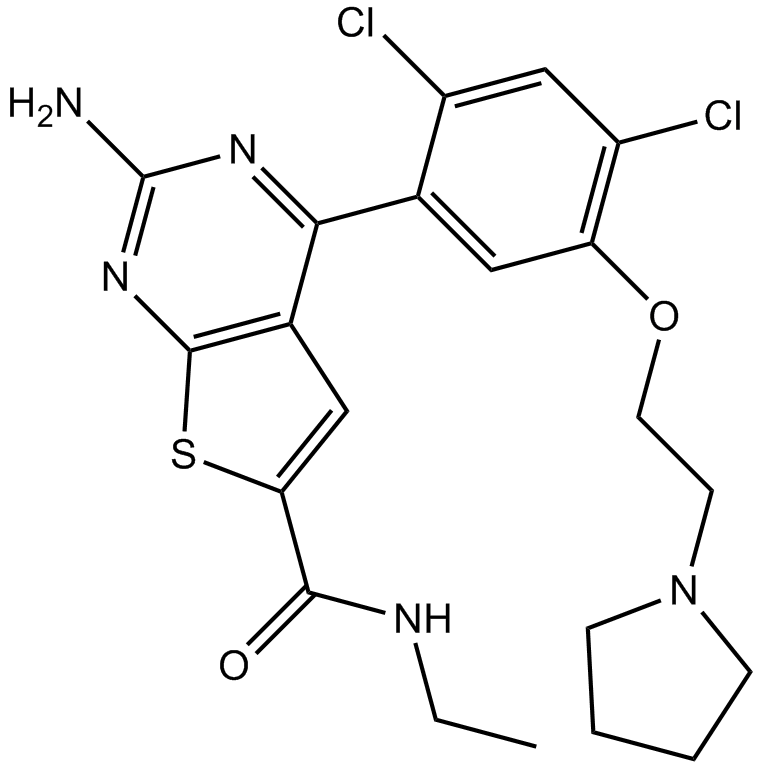 A4064 NVP-BEP800Target: HSP90Summary: Oral Hsp90β inhibitor, novel, fully synthetic
A4064 NVP-BEP800Target: HSP90Summary: Oral Hsp90β inhibitor, novel, fully synthetic -
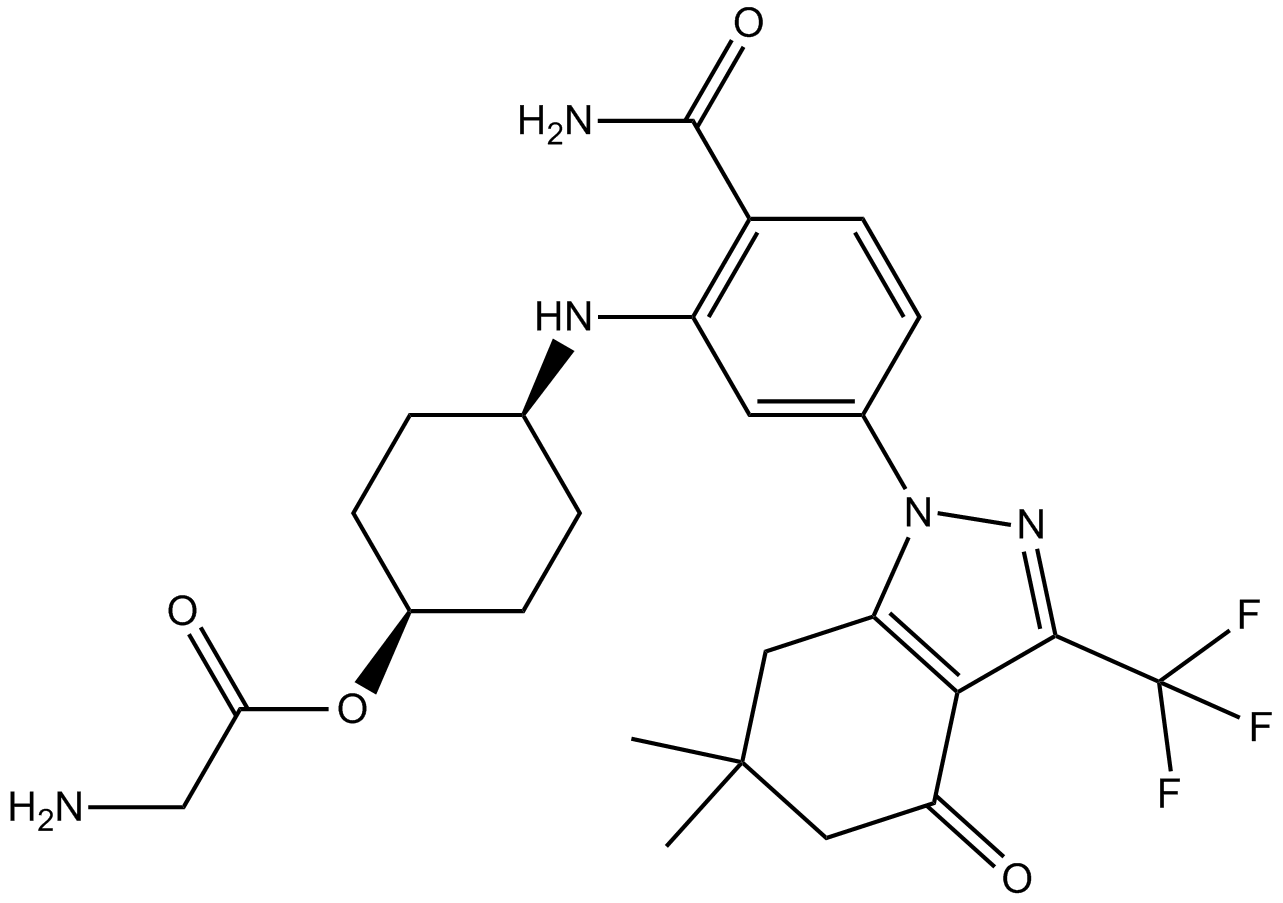 A4065 PF-04929113 (SNX-5422)Target: HSP90Summary: Hsp90 inhibitor,potent and selective
A4065 PF-04929113 (SNX-5422)Target: HSP90Summary: Hsp90 inhibitor,potent and selective -
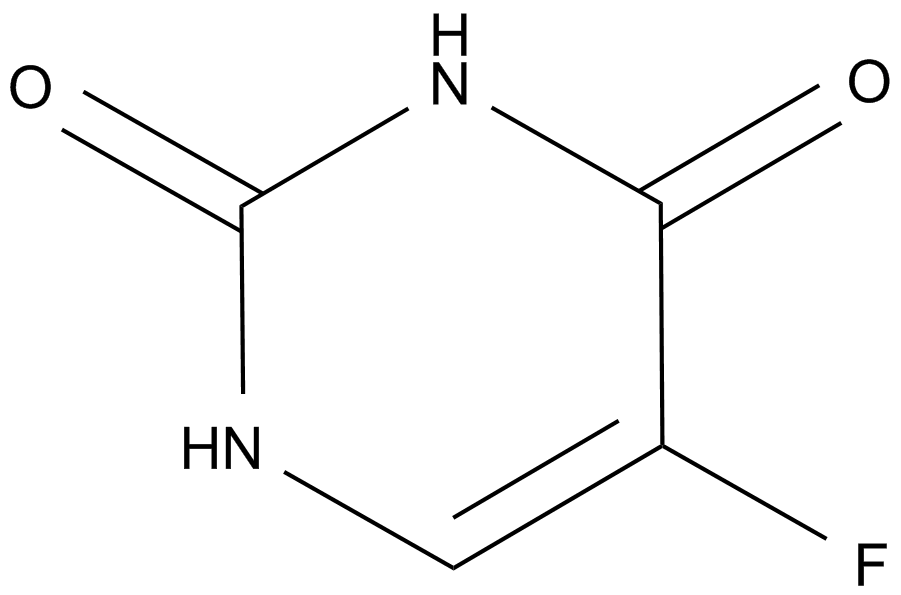 A4071 Fluorouracil (Adrucil)3 CitationTarget: Thymidylate SynthaseSummary: Antitumor agent;inhibitor of thymidylate synthase
A4071 Fluorouracil (Adrucil)3 CitationTarget: Thymidylate SynthaseSummary: Antitumor agent;inhibitor of thymidylate synthase -
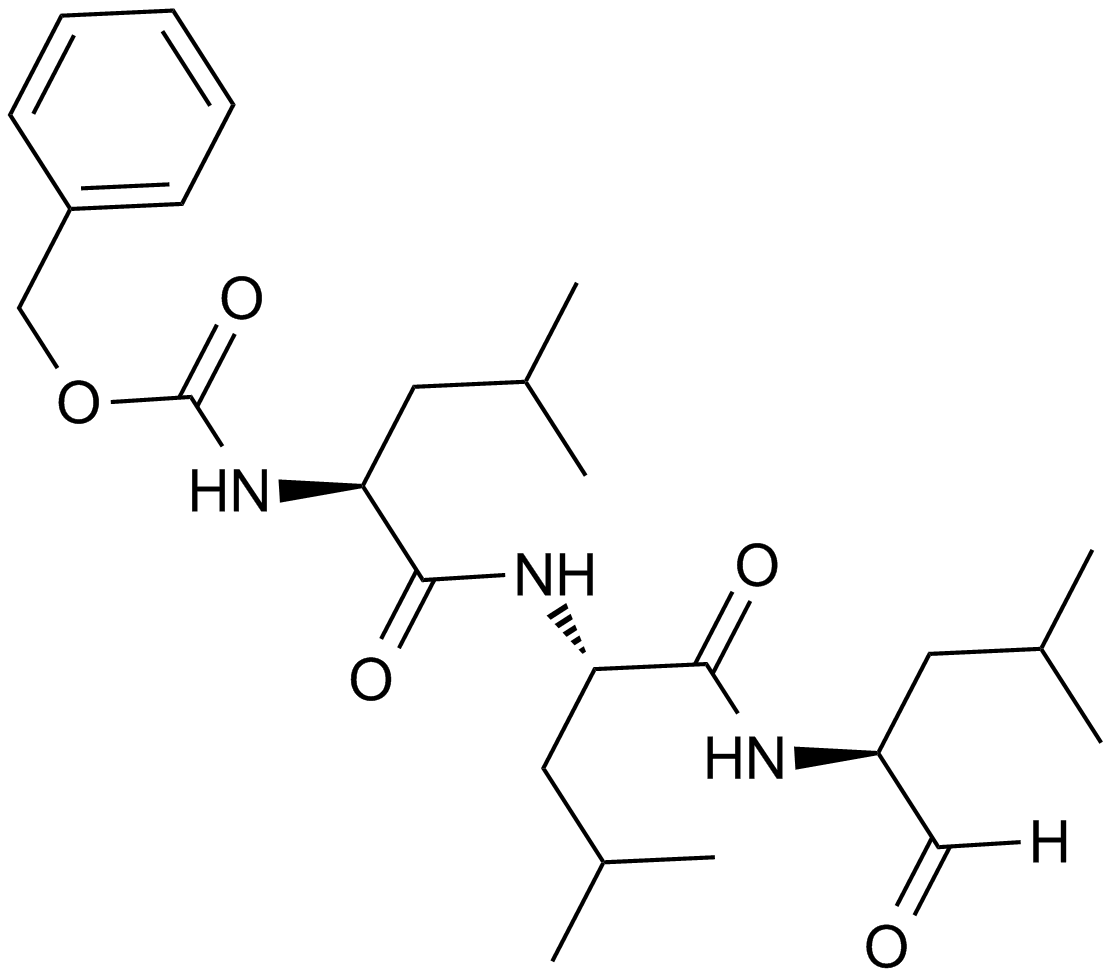 A2585 MG-13226 CitationTarget: ProteasomeSummary: Proteasome inhibitor, Cell permeable, reversible
A2585 MG-13226 CitationTarget: ProteasomeSummary: Proteasome inhibitor, Cell permeable, reversible -
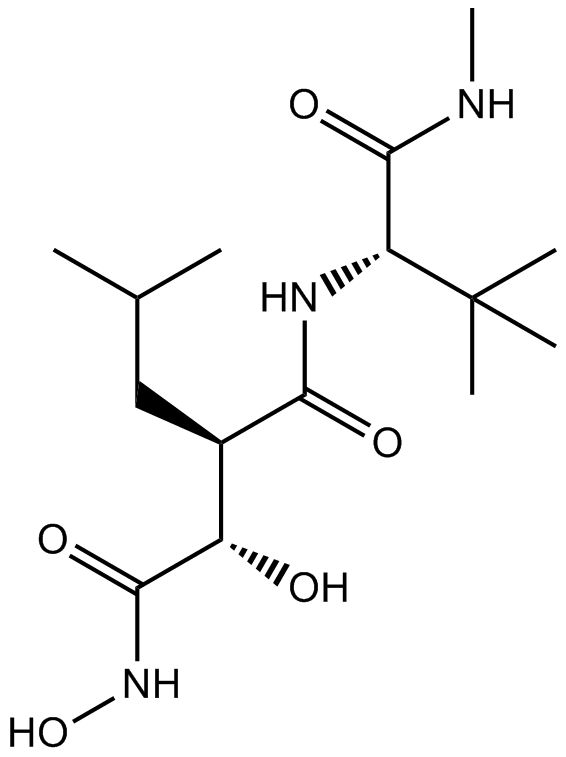 A4049 Marimastat1 CitationTarget: MMPSummary: MMPs inhibitor,board spectrum
A4049 Marimastat1 CitationTarget: MMPSummary: MMPs inhibitor,board spectrum -
 A4051 NSC 4050201 CitationTarget: MMPSummary: MT1-MMP inhibitor
A4051 NSC 4050201 CitationTarget: MMPSummary: MT1-MMP inhibitor -
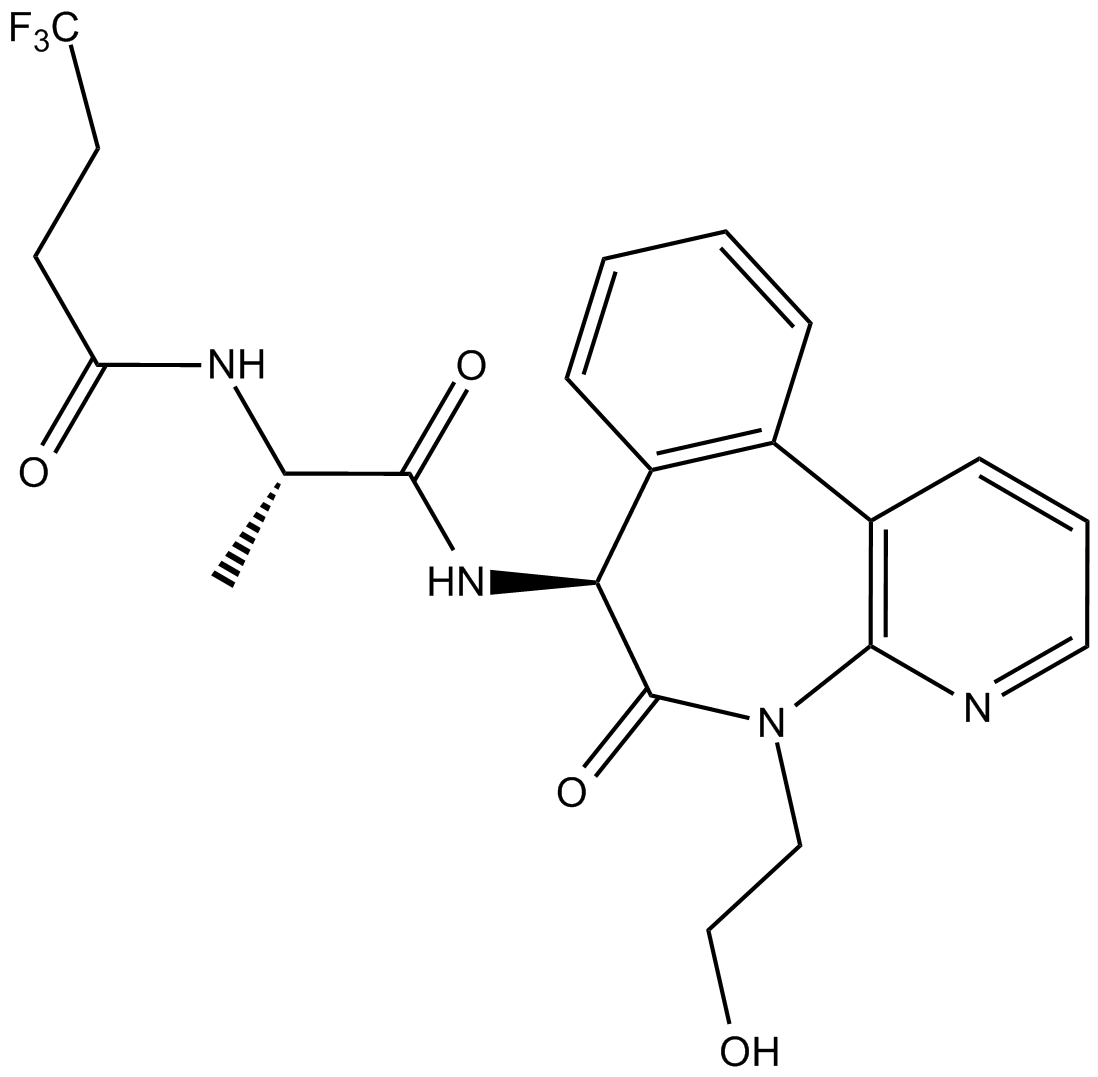 A4023 LY30394781 CitationTarget: NotchSummary: Notch inhibitor, novel and potent
A4023 LY30394781 CitationTarget: NotchSummary: Notch inhibitor, novel and potent -
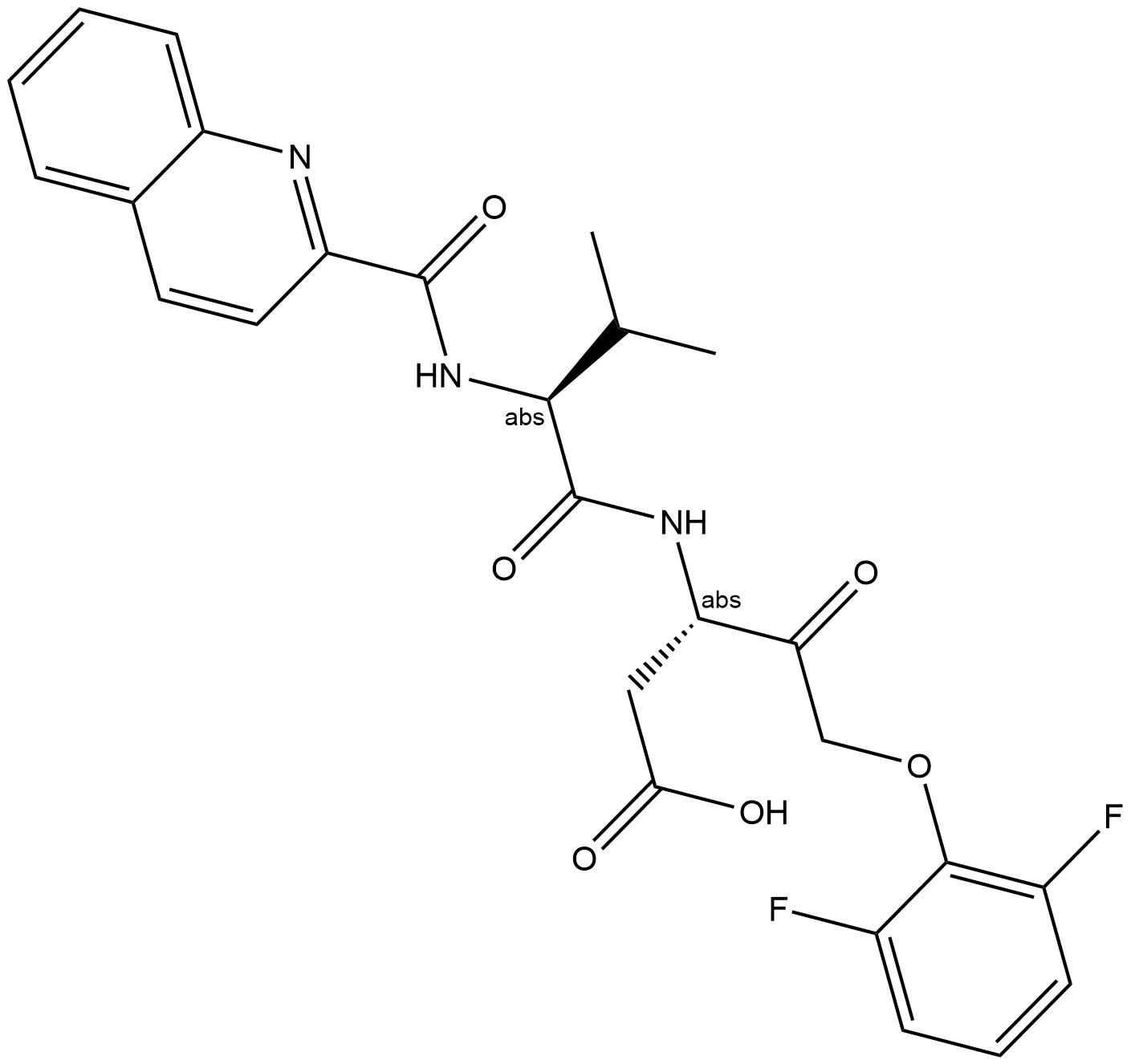 A1901 Q-VD-OPh53 CitationTarget: CaspasesSummary: Cell-permeable, irreversible pan-caspase inhibitor
A1901 Q-VD-OPh53 CitationTarget: CaspasesSummary: Cell-permeable, irreversible pan-caspase inhibitor -
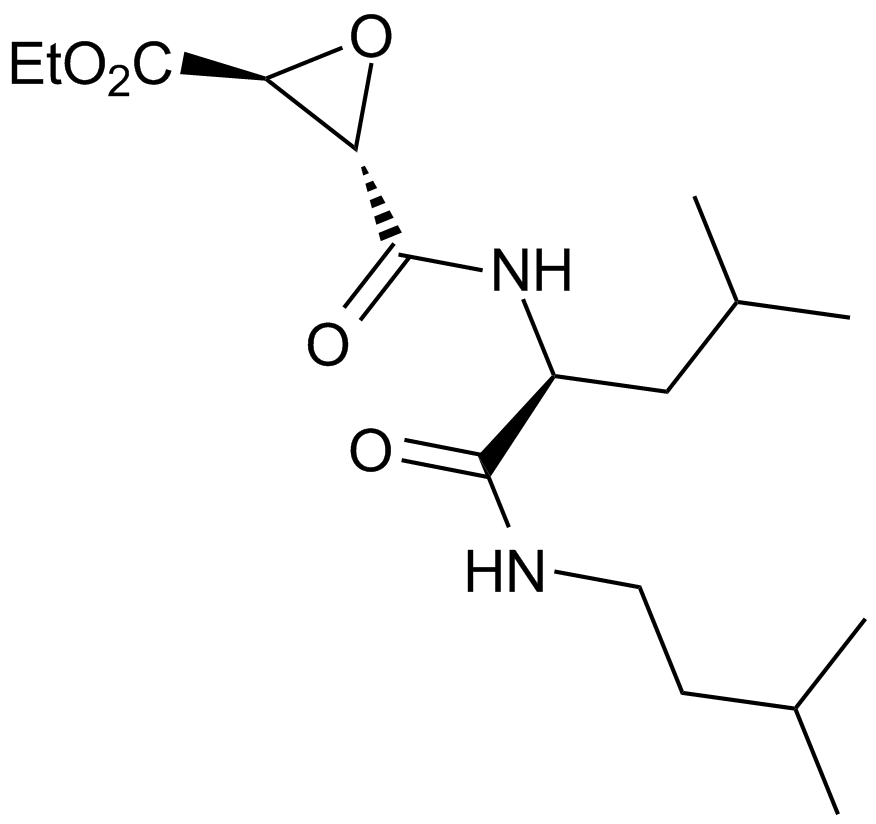 A1903 E 64d4 CitationSummary: Cysteine protease inhibitor
A1903 E 64d4 CitationSummary: Cysteine protease inhibitor

